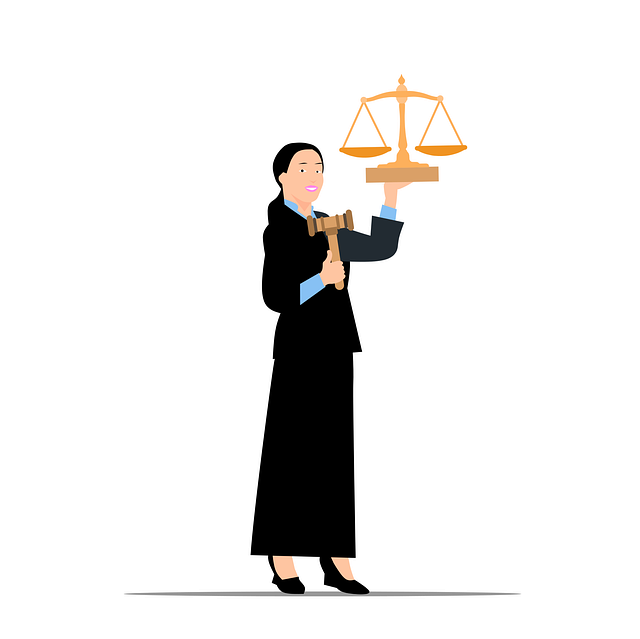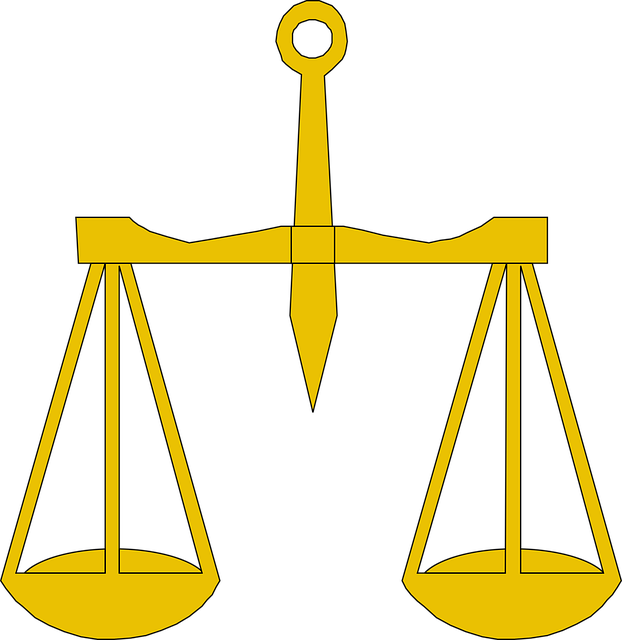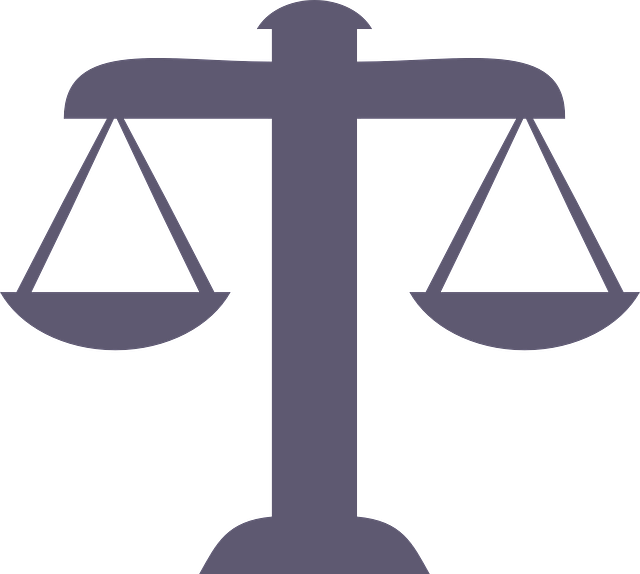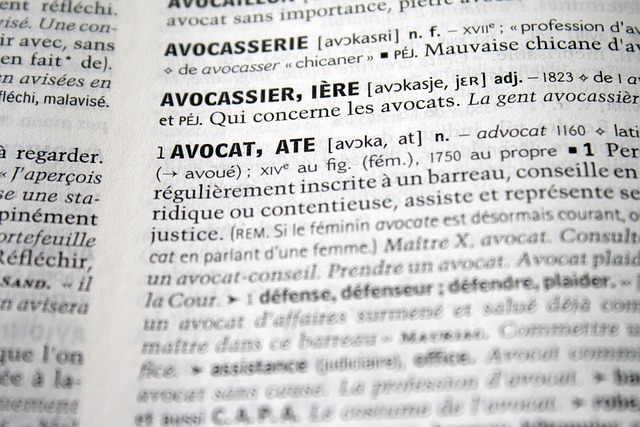Public corruption, marked by bribery and misuse of funds, undermines public trust and institutions. Despite rare complete charge dismissals, the focus is on deterrence and ethical governance. Class action lawsuits emerge as a powerful tool against corruption, enabling citizens to hold officials accountable and secure compensation from class action lawsuits through collective legal action. These lawsuits restore trust, promote transparency, and act as deterrents for future misconduct.
In the intricate web of governance, public corruption charges cast a long shadow, eroding public trust and undermining democratic principles. This article delves into the multifaceted nature of these charges, exploring their definition, impact, and the evolving role of class action lawsuits in holding accountable those who abuse their positions. We examine how victims can seek compensation from class action lawsuits as a means to restore justice and ensure responsible governance.
- Understanding Public Corruption Charges: Definition and Impact
- The Role of Class Action Lawsuits in Holding Corrupt Officials Accountable
- Compensating Victims: Exploring Claims and Damages in Public Corruption Cases
Understanding Public Corruption Charges: Definition and Impact

Public Corruption Charges refer to illegal acts by public officials or those in positions of power who abuse their authority for personal gain. This can include a wide range of activities such as bribery, embezzlement, fraud, and misuse of public funds. The impact of these charges is profound, eroding public trust, undermining democratic institutions, and hindering economic development. When public servants are accused of corruption, it sends a strong message that no one is above the law.
The consequences of public corruption extend far beyond the individuals involved. It can lead to significant disruption across respective business sectors, as transparency and accountability are compromised. In many cases, successful prosecution results in substantial compensation from class action lawsuits, ensuring that not only are wrongdoers held accountable but also that affected communities or entities receive restitution. The complete dismissal of all charges, however, remains an exceptional outcome, with the primary goal being to deter future instances of corruption and promote ethical governance practices across the country.
The Role of Class Action Lawsuits in Holding Corrupt Officials Accountable

Class action lawsuits have emerged as a powerful tool in the fight against public corruption, enabling aggrieved citizens to hold government officials and entities accountable for their illicit actions. These legal mechanisms allow for collective action, where numerous individuals or organizations join forces to seek justice and compensation from those responsible for corrupt practices. By pooling resources and expertise, plaintiffs can effectively challenge well-resourced defendants, ensuring that corrupt officials are held to account throughout the investigative and enforcement process.
Through successful class action lawsuits, victims of corruption can secure substantial compensation from the proceeds of unlawful activities, which serves as a deterrent for future misconduct. Winning challenging defense verdicts in these cases is a testament to the strength of collective action and can help restore trust in public institutions. Moreover, the strategic use of class actions can even lead to avoiding indictment by incentivizing officials to cooperate and disclose information during investigations, thereby promoting transparency and accountability at all stages.
Compensating Victims: Exploring Claims and Damages in Public Corruption Cases

In public corruption cases, one crucial aspect often involves compensating victims who have suffered losses due to illicit activities. Class action lawsuits emerge as a powerful tool for achieving this justice. By banding together, affected individuals can pool their resources and leverage collective power to seek reimbursement from those responsible. This collective approach ensures that victims, especially those with smaller claims, receive fair compensation throughout all stages of the investigative and enforcement process.
The complexity of public corruption schemes often requires a dedicated general criminal defense strategy. When successful, class action lawsuits not only provide financial relief but also serve as a deterrent, sending a strong message that such misconduct will not be tolerated. This, in turn, fosters a culture of accountability and transparency, encouraging individuals to come forward with information and play an active role in achieving extraordinary results for their communities.
Public corruption charges have far-reaching implications, impacting not just the individuals involved but also society at large. As discussed, class action lawsuits play a pivotal role in holding corrupt officials accountable and ensuring justice for affected communities. By exploring claims and damages, these legal strategies provide a means to compensate victims and restore trust in public institutions. In light of these discussions, it’s evident that compensation from class action lawsuits can be a powerful tool to address the harm caused by public corruption, fostering transparency and accountability.






